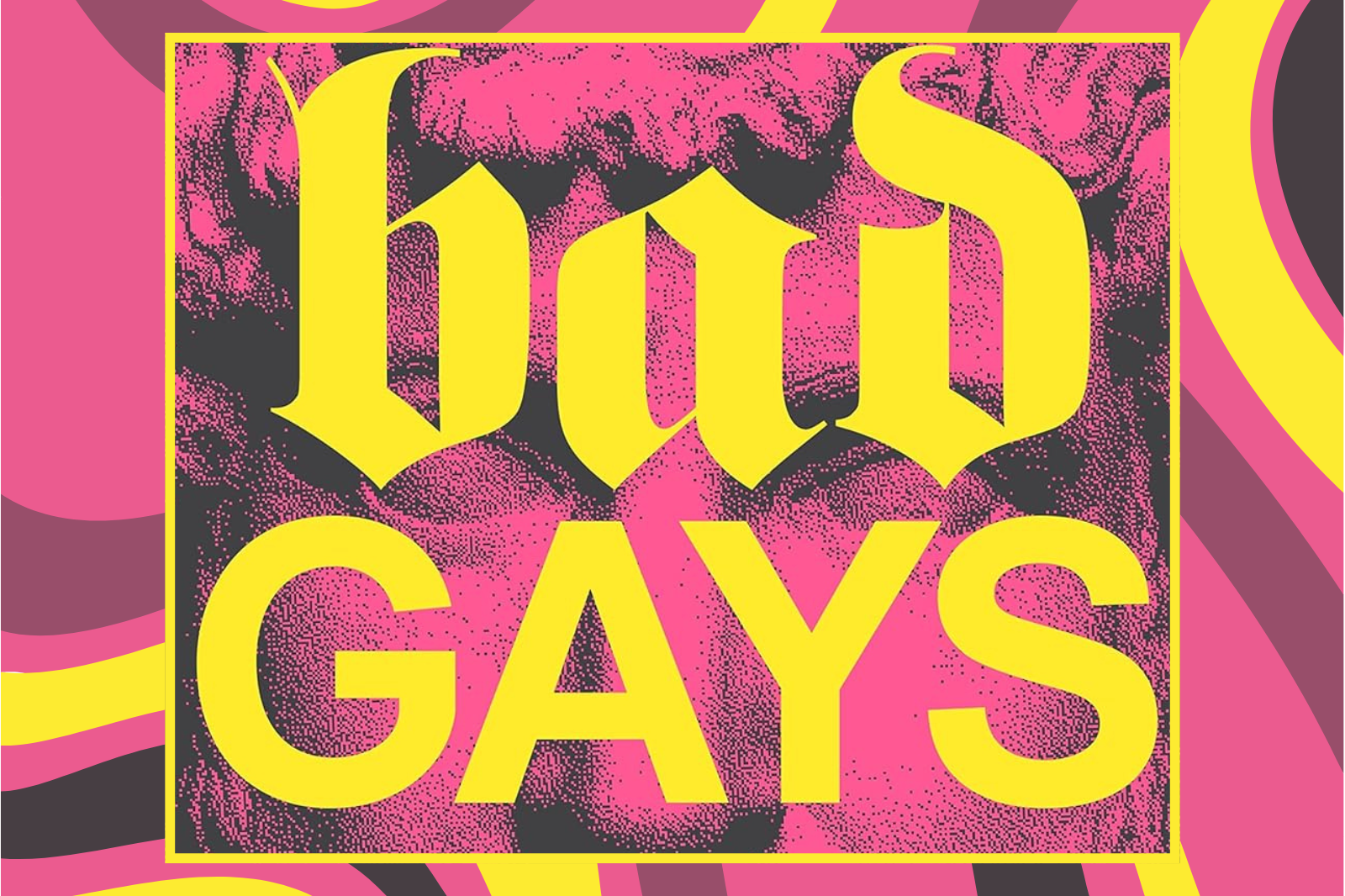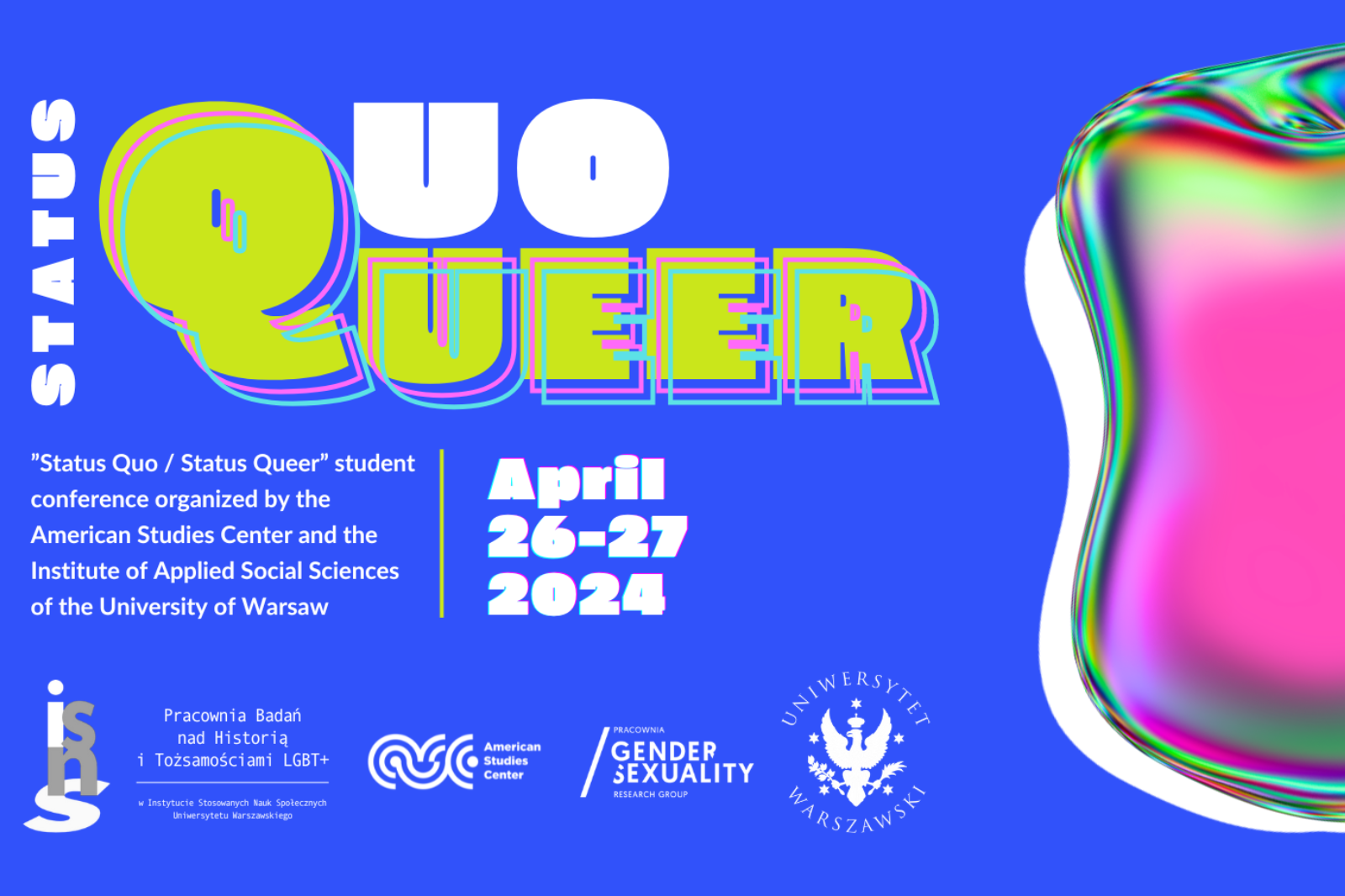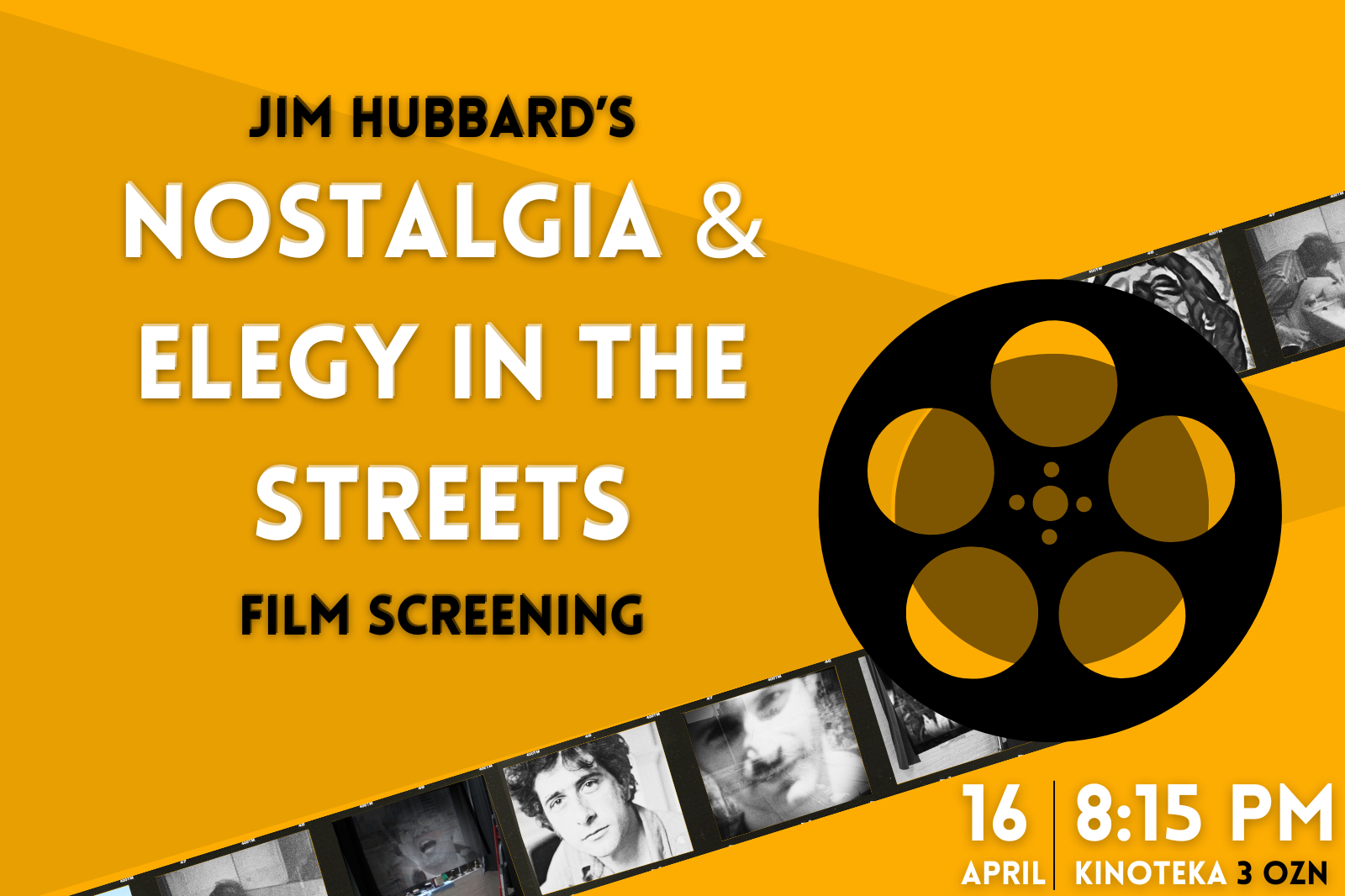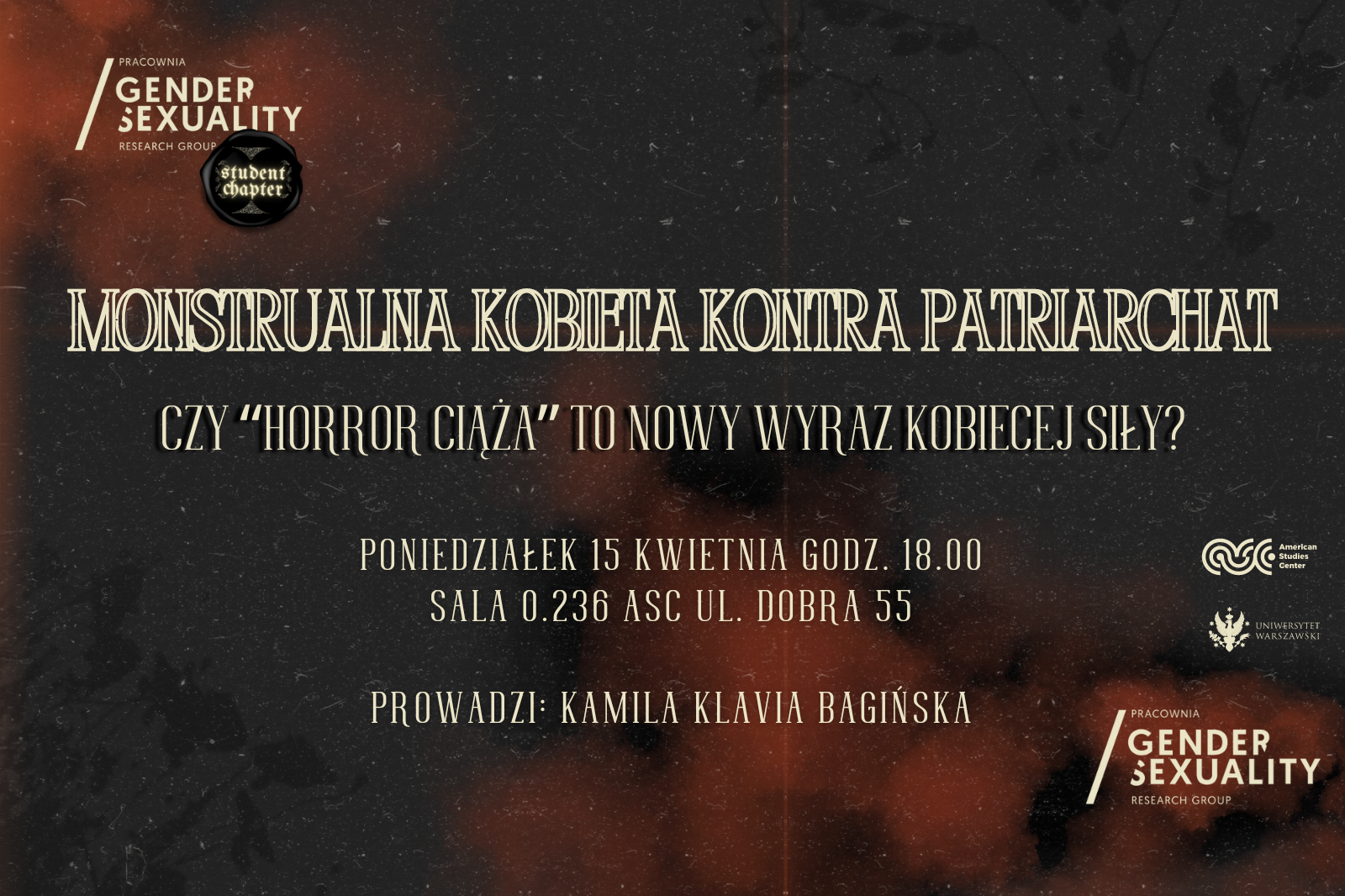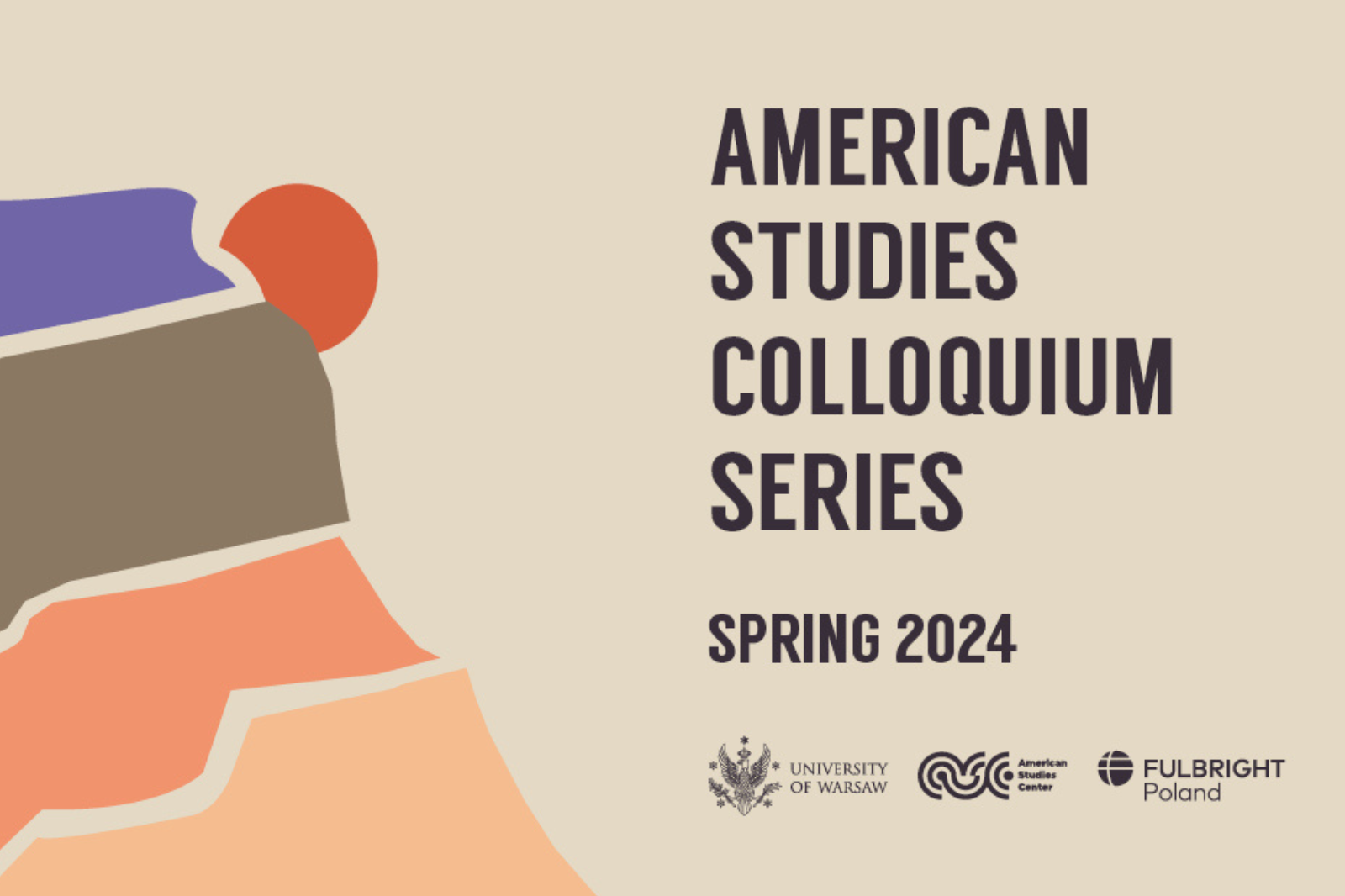Weird Fictions Research Group invites you to a talk by
Sorcha Ní Fhlainn
(Manchester Metropolitan University)
‘Knowledge is a Fatal Thing:’ Confessing Vampire Secrets from Polidori to Neil Jordan
This event is a part of the Monsters ReVisited series organized by the Weird Fictions Research Group members and their invited guests.
Tuesday, May 11, 2021
at 5:00 p.m.
You can get 2 OZN points for participating in this event.
Where?
This is an online event. To attend, click the button below or enter https://us02web.zoom.us/j/81917200480 into your browser, and join the meeting.
What?
There is something altogether exciting, if not outright spellbinding, about the whispers and murmurs of vampires. While subjectivity has become infused into the vampire narrative since the late 1960s in popular film and vampire literature, the musings and haunting disclosures of the vampire voice can be brought back to the contemporary’s vampire’s founding narrative in John Polidori’s 1819 novella, The Vampyre. The tale initiates two tantalising elements in vampire fiction which continue to inform its postmodern iterations today, lingering on as an echo across time, slowly fragmented across diaries, confessions, lived accounts, musical recordings, and supplemented in our imaginations with a soundtrack of forlorn longing and occasional menace. Polidori’s tale is the first of many that enables the vampire voice to amplify its power – this is no mere mortal’s mode of communication; vampiric voices carry with them the power of Gothic time. In this paper, I intend to examine the vampire voice and its Gothic haunting quality through the power of traumatic memory, narrative disclosure, and contemporary song, as these voices often carry with them the power to terrify, seduce, and ensnare future victims in the quest to be heard across eternity.
Who?
Dr Sorcha Ní Fhlainn is Senior Lecturer in Film Studies and American Studies, and founding member of the Manchester Centre for Gothic Studies, at Manchester Metropolitan University. She is the Chair of the British Association for Film Studies, Television Studies and Screen Studies (BAFTSS). She has published widely in the fields of Gothic and Horror Studies and Popular Culture, specializing in monsters, subjectivity, and cultural history. Her recent books include Clive Barker: Dark imaginer (Manchester University Press, 2017), and Postmodern Vampires: Film, Fiction and Popular Culture (Palgrave, 2019). She is currently leading a project on the long 1980s onscreen and its cultural legacy.
